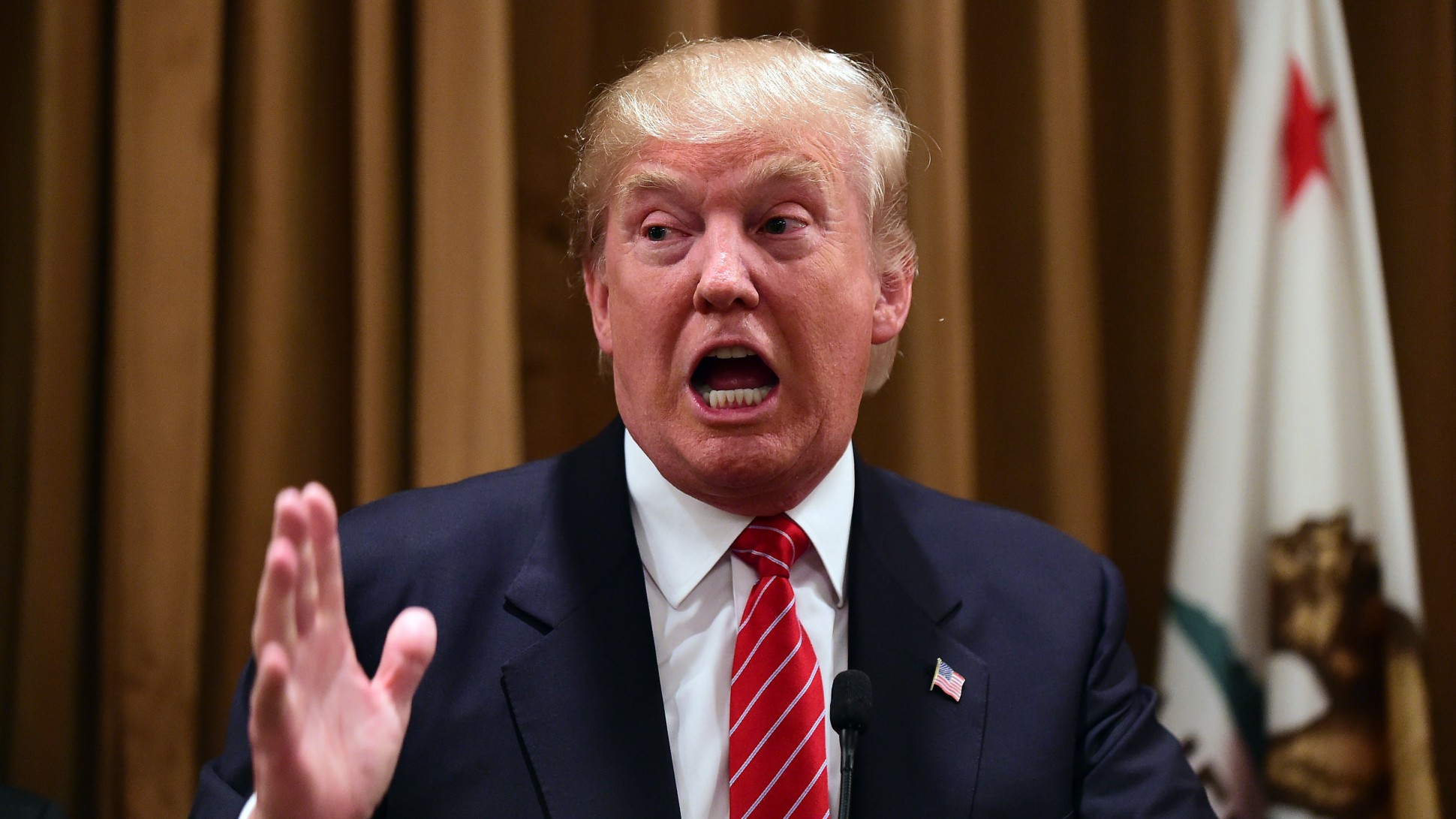Since Donald Trump announced his candidacy for the Republican Party’s nomination for U.S. President two and a half years ago, he has dominated headlines worldwide. He generates an immense amount of news coverage, even by presidential standards. This has been accomplished through a careful manipulation of the media. Many people, including myself, have reacted to this by tuning out coverage of the American President. However, this behaviour has serious consequences: It leaves people uninformed, diminishing their ability to participate in political discourse. It also normalizes bigotry, by allowing prejudicial statements made by the President to go unanswered. Instead of tuning out coverage of Trump entirely, Canadians and Americans alike should filter through it, while not allowing it to detract their attention from important issues.
Trump is a master at controlling the news cycle. He redirects political discourse by inviting controversy. He accomplishes this by making hateful, inflammatory, and embarrassing remarks, which serve to keep his name in the headlines. This is magnified by social media users and immediate news notifications on smartphones. As a result, regardless of their political beliefs, anyone with even a minor interest in American politics is inundated with coverage of the White House.
In response to the incessant and entirely predictable coverage of Trump, many people, including myself, have resorted to ignoring it. Recently, I did not follow the story of Trump’s insulting comments on several African countries, as well as Haiti and El Salvador. I read the headlines, but had a limited understanding of what had happened. Upon revisiting the story, I found that I was tuning out coverage of Trump because I was not learning anything new from it. After reading further into Trump’s comments, I still thought of him as racist, insensitive, and someone who regularly draws the ire of media and celebrities.
This Trump effect on news engagement is crucial to recognize, and to work around. Simply opting-out of political journalism has serious repercussions. The fact that Trump’s recent comments on ‘shithole’ countries are no longer novel or surprising is disturbing. It suggests that this type of discourse has become normalized, and can be expected from the President. However, one’s ability to ignore coverage of Trump’s often incendiary comments depends on factors such as, but not limited to, race, sexual orientation, and gender. By attacking groups of people on the basis of their identities, Trump forces them into defending themselves, and often makes them fear for their safety. By contrast, these comments are much easier to ignore if you don’t belong to the group being attacked. These types of remarks also serve as constant distractions from issues like gun control, tax reform, and Russian influence on American elections, all of which deserve attention.
Whether the public’s growing disillusionment with American politics is intentional on Trump’s part or not, it has the effect of discouraging people from remaining informed. Shutting out the news prevents people from being cognizant of how the government policies they choose to support will impact themselves, and others. A few months ago President Trump signed off on the GOP’s Tax Reform Bill, which will increase federal taxes among lower-income Americans, despite having campaigned on the opposite. Ignoring political news also prevents people from holding the president accountable, and enables him to control the direction of political discourse. In this way, people tuning out of political journalism weakens them as political agents.
Anticipated Russian meddling in the upcoming U.S. midterm elections in November, and the recent mass-shooting in Parkland, Florida illustrate that events require being informed as much as ever. Otherwise, control over political discourse rests in the hands of politicians, instead of journalists and citizens. Following the massacre at Stoneman Douglas High School, Republican lawmakers have attempted to shift the American public away from a conversation about gun control laws and toward one on mental illness. This is not only a harmful suggestion that mental illness is a precursor to violence, but also a manipulative change of the topic to forestall action on gun control. This illustrates the need to filter through the noise of the constant White House news cycle. While the sheer volume of Trump media coverage has made this more difficult, it is a necessary step for any interested in holding politicians accountable.








